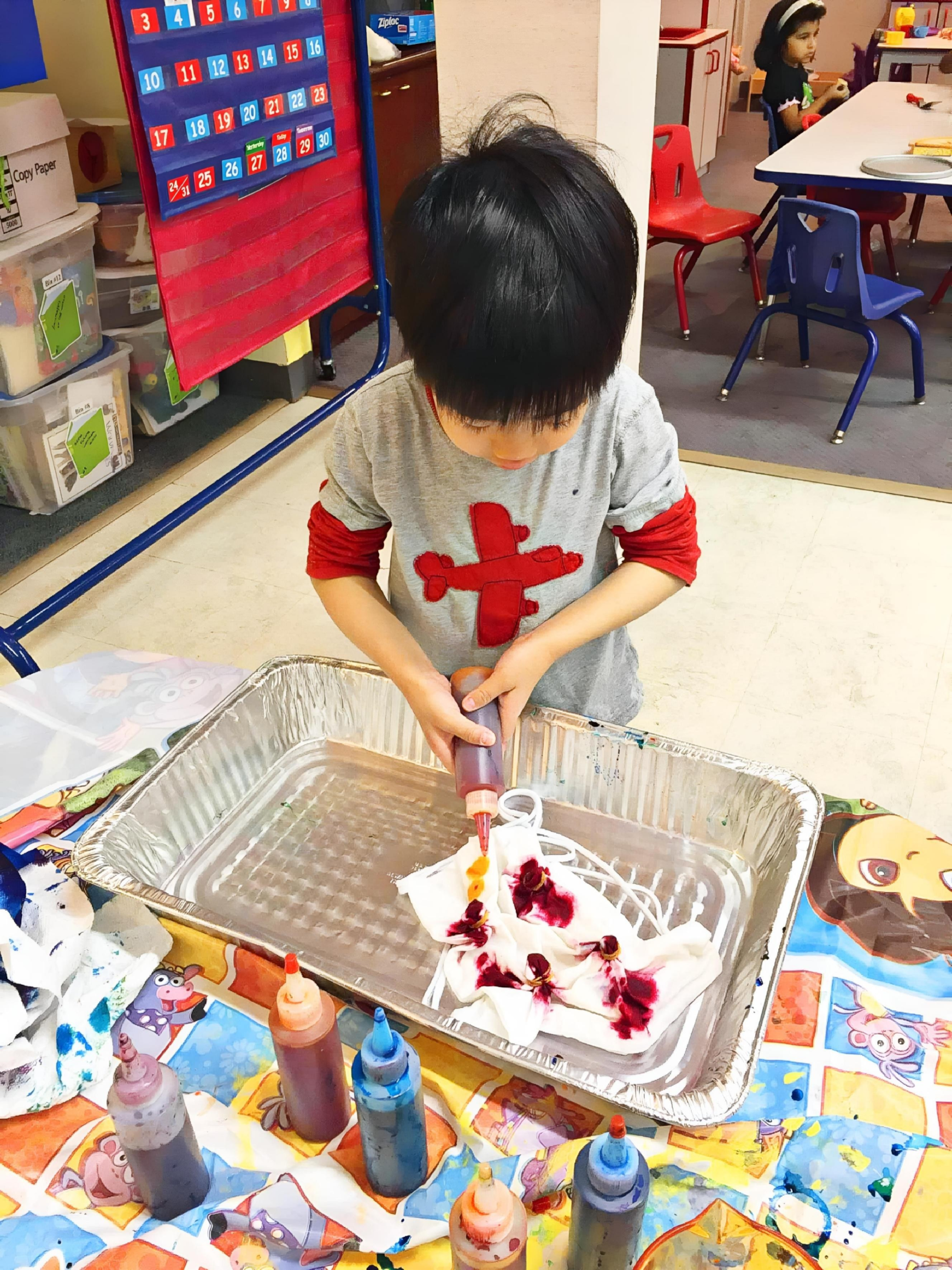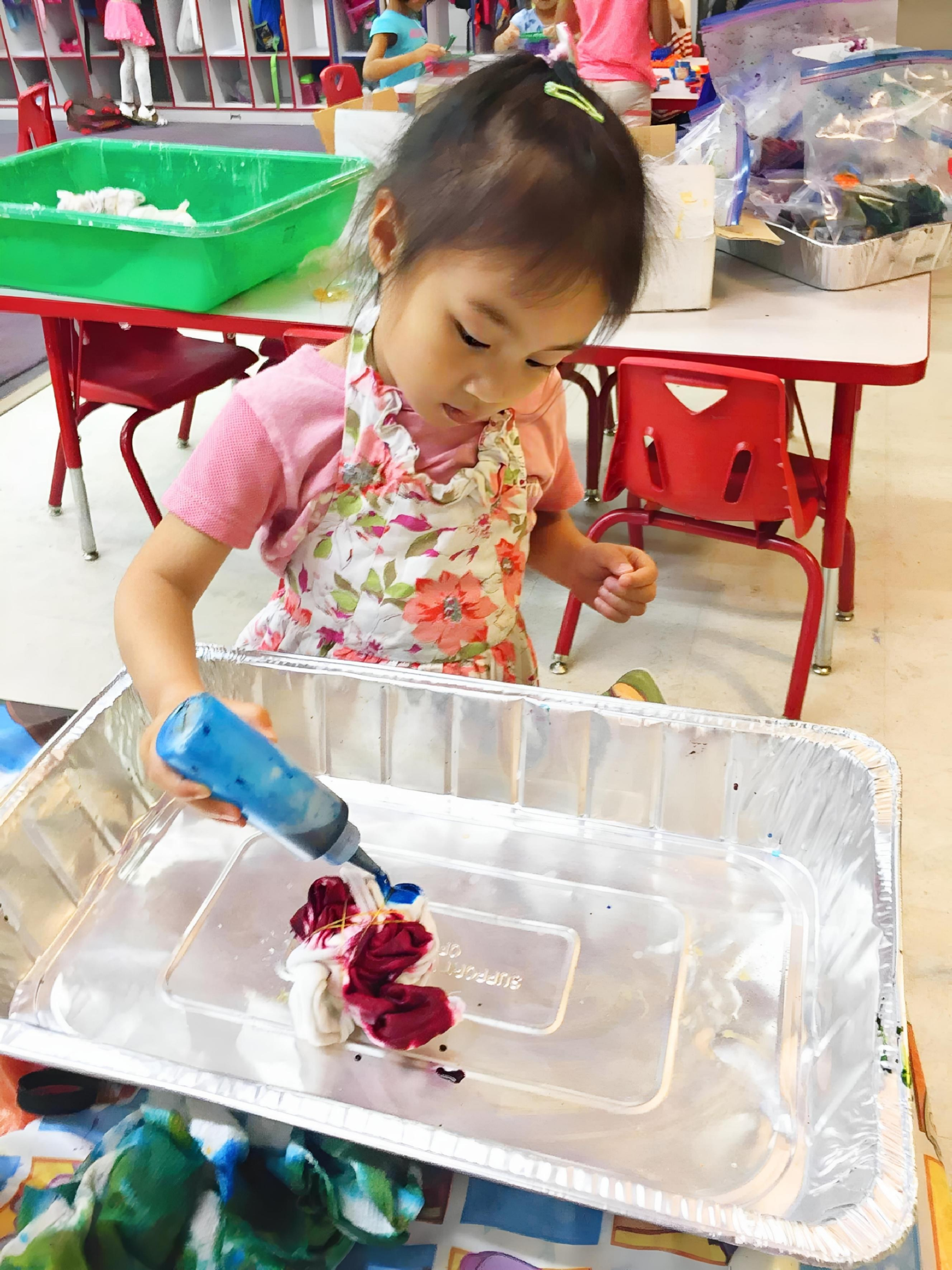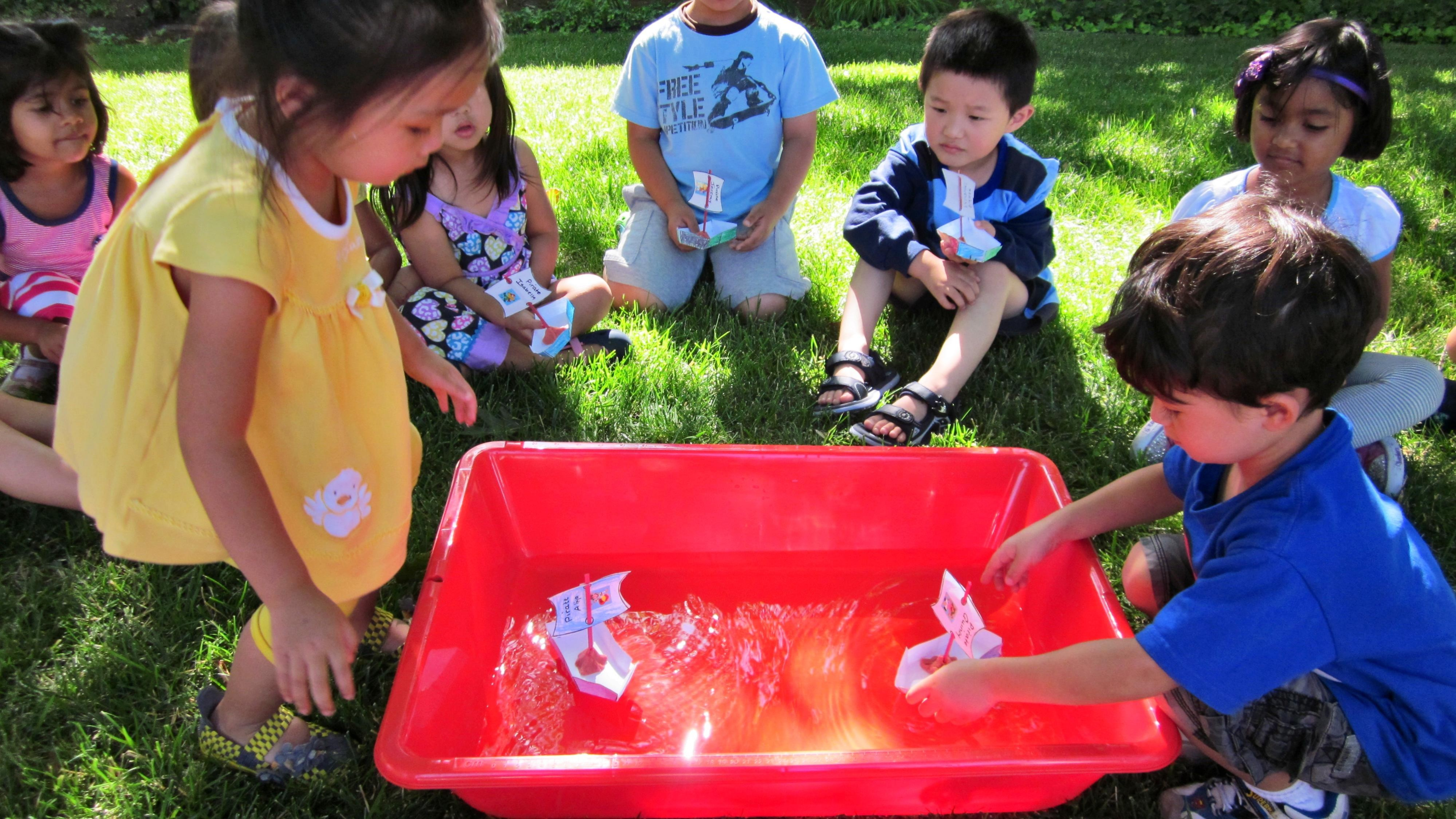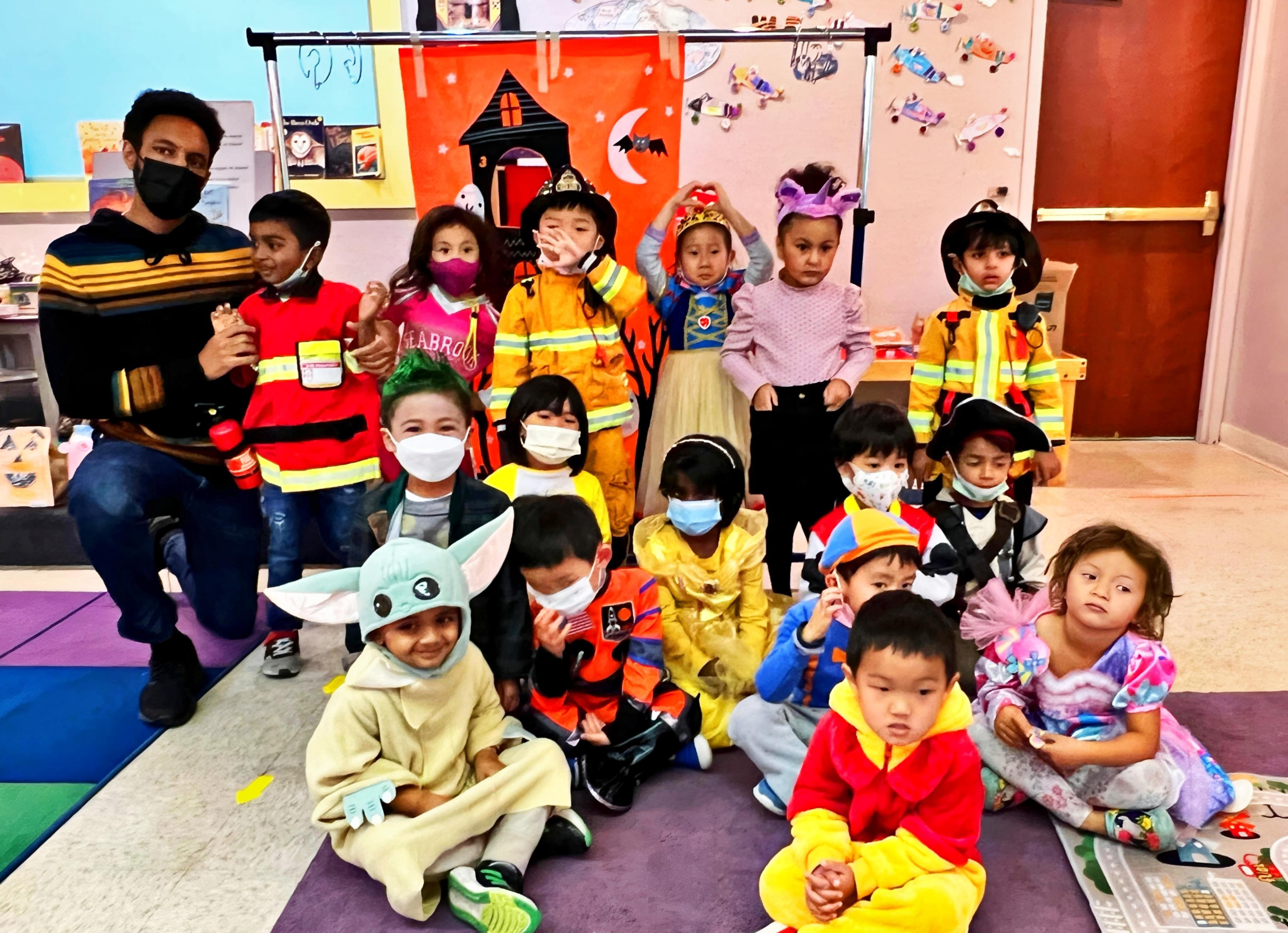
How the Play-Based Learning at Yang Fan Preschool in San Ramon Plays a Critical Role in Early Childhood Education and Its Long-Term Benefits
Introduction
Play is a fundamental part of childhood, serving as a crucial element in the growth and development of young minds. In San Ramon preschools, play takes center stage through the implementation of play-based learning, an educational approach that emphasizes the importance of play in early childhood development. This method leverages the natural curiosity and creativity of children, turning play into a powerful tool for learning and development. Through play-based learning, children engage in activities that foster cognitive, social, emotional, and physical development in a holistic and enjoyable manner.
In this article, we’ll explore the integral role of play-based learning in San Ramon preschools, examining its methodologies and long-term benefits for young learners. By understanding how play-based learning works and why it is so effective, parents and educators can better support the developmental needs of children during these formative years.
The Essence Of Play-Based Learning

Play-based learning is an educational model and philosophy that emphasizes the profound value of play in a child’s development. This approach transcends the conventional notion of play as mere entertainment, recognizing it instead as a vital and purposeful method through which children explore, discover, and make sense of the world around them. At its core, play-based learning acknowledges that play is a natural and instinctive activity for children, allowing them to engage deeply with their environment and with others.
In a play-based learning environment, children are encouraged to follow their interests and curiosity, leading to self-directed and meaningful learning experiences. This method supports the development of critical thinking, problem-solving, and social skills, as children navigate various play scenarios, experiment with different roles, and collaborate with their peers. Through play, children learn to negotiate, share, and communicate effectively, laying the foundation for successful interpersonal relationships and emotional intelligence.
Moreover, play-based learning integrates academic concepts seamlessly into play activities. For instance, a simple game of building blocks can introduce mathematical concepts such as counting, sorting, and spatial awareness, while storytelling and role-playing can enhance language and literacy skills. By embedding educational content within play, children absorb and retain information more effectively because the learning process is enjoyable and engaging.
Educators in play-based learning settings act as facilitators, guiding and extending children’s play without dominating or directing it. They create rich, stimulating environments filled with diverse materials and opportunities for exploration. This support helps children to stretch their imaginations and develop a love for learning that can last a lifetime.
Key Characteristics Of Free Play-Based Learning:

- Child-Centered: Play-based learning places the child at the center of the educational process. It values each child’s unique interests, curiosities, and developmental needs.
- Hands-On Exploration: Early learners actively engage with materials, objects, and their environment. They manipulate, experiment, and interact to gain firsthand experiences.
- Choice and Autonomy: Play-based learning offers children choices and autonomy in their activities. They decide what to play with, how to play, and when to transition to new activities.
- Social Interaction: Play often involves interaction with peers, fostering the development of social skills, communication, and cooperation.
- Open-Ended Materials: Play-based environments provide open-ended materials that encourage creativity and imagination. These materials can be used in multiple ways, allowing for varied and extended play.
Play-Based Learning In Preschool San Ramon

San Ramon preschools embrace the principles of play-based learning to create enriching classroom environments for young children. Here’s how play-based learning comes to life in these educational settings:
1. Structured Play Centers: Preschool and kindergarten classrooms are equipped with different play centers such as art, science, sensory, and dramatic play. These centers offer a variety of materials and activities that children can freely explore.
2. Teachers Facilitation: Educators play a crucial role in play-based learning. They observe children’s interests and interactions, ask open-ended questions, and provide guidance when needed, fostering a balance between free play and intentional teaching moments.
3. Curriculum Integration: Play-based learning is not aimless play but rather play with a purpose. It aligns with curriculum goals and program objectives, ensuring that children develop essential skills while having fun.
The Long-Term Benefits
The advantages of play-based learning extend far beyond the preschool years, impacting children’s development and future success. Let’s explore some of the long-term benefits:
1. Holistic Development: Play-based learning nurtures the whole child—cognitive, social, emotional, and physical development. It builds a strong foundation for future learning and life skills.
2. Creativity and Problem-Solving: Through play, children develop creativity, imagination, and problem-solving abilities. These skills are invaluable to students in later academic and real-life situations.
3. Love for Learning: Play-based learning fosters a love for learning. Children view learning as an enjoyable and engaging process, setting the stage for a lifelong pursuit of knowledge.
4. Social Skills: Interaction with peers during play enhances social skills, including communication, cooperation, empathy, and conflict resolution. These skills are essential for healthy relationships and collaboration in adulthood.
5. Critical Thinking: Play-based activities often involve decision-making, experimentation, research and exploration. These experiences lay the groundwork for critical thinking skills, which are vital for academic and career success.
6. Resilience and Adaptability: Facing challenges and solving problems during play helps children develop resilience and adaptability. These qualities are essential in navigating life’s ups and downs.
Conclusion

In San Ramon preschools, play-based learning isn’t just child’s play; it’s a powerful educational approach with profound long-term benefits. It equips children with the skills, attitudes, and love for learning that will serve them well throughout their lives. By valuing and embracing play as a cornerstone of early childhood education, families and San Ramon preschools are nurturing the next generation of curious, creative, and capable individuals who will contribute positively to society.
